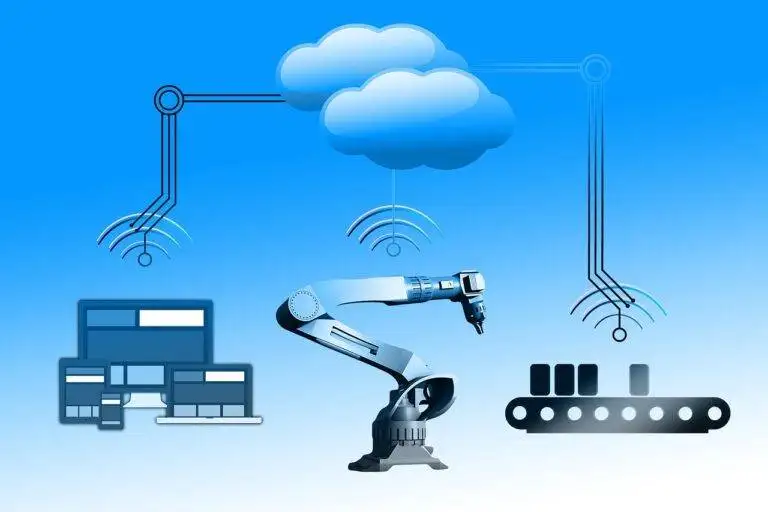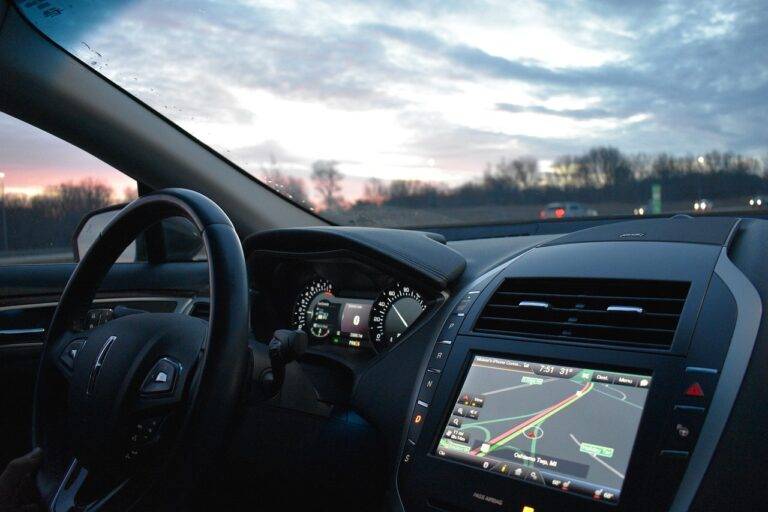The Impact of Tech on Mental Health and Well-being
Excessive screen time has become a prevalent aspect of modern life, with many individuals spending a significant portion of their day engaging with digital devices. This heightened exposure to screens has raised concerns about its potential impact on mental health. Research suggests a correlation between increased screen time and adverse effects on mental well-being, such as heightened stress levels, decreased quality of sleep, and a higher likelihood of developing symptoms of anxiety and depression.
Furthermore, prolonged screen time can lead to social isolation, as individuals may prioritize virtual interactions over face-to-face connections. The constant influx of information and stimuli from screens can also contribute to feelings of overwhelm and decreased ability to focus. Understanding the relationship between screen time and mental health is crucial in developing strategies to maintain a healthy balance in our digital consumption habits.
Understanding the Effects of Social Media on Well-being
Social media has become an integral part of everyday life for many people, providing a platform for communication, expression, and connection with others. However, research has shown that excessive use of social media can have negative effects on mental well-being. Studies have indicated that spending too much time on these platforms can lead to feelings of loneliness, depression, and anxiety.
The constant comparison to others on social media, as well as the pressure to present a curated and idealized version of oneself, can contribute to feelings of inadequacy and low self-esteem. Moreover, the addictive nature of social media often leads to increased screen time, which can disrupt sleep patterns and impact overall health. It is essential for individuals to be aware of the potential pitfalls of excessive social media use and to find a balance that promotes their well-being.
• Social media has become an integral part of everyday life for many people
• Provides a platform for communication, expression, and connection with others
• Excessive use of social media can have negative effects on mental well-being
• Studies indicate that spending too much time on these platforms can lead to feelings of loneliness, depression, and anxiety
The constant comparison to others on social media and the pressure to present a curated and idealized version of oneself can contribute to feelings of inadequacy and low self-esteem. Additionally, the addictive nature of social media often leads to increased screen time, which can disrupt sleep patterns and impact overall health. It is crucial for individuals to be aware of the potential pitfalls of excessive social media use in order to find a balance that promotes their well-being.
Technology Addiction and its Impact on Mental Health
Technology addiction is becoming a growing concern in today’s society as more individuals find themselves constantly glued to their screens. The excessive use of technology, whether it be smartphones, computers, or other devices, can have detrimental effects on mental health.
Individuals who struggle with technology addiction may experience heightened levels of anxiety, depression, and social isolation. The constant need to be connected and always online can interfere with real-life relationships and activities, leading to feelings of loneliness and disconnection. Furthermore, the addictive nature of technology can impact sleep patterns and overall well-being, creating a vicious cycle of dependence on screens.
What is technology addiction?
Technology addiction refers to the excessive and compulsive use of technology, such as smartphones, computers, or tablets, which can have a negative impact on an individual’s mental health.
How does screen time affect mental health?
Excessive screen time has been linked to mental health issues such as anxiety, depression, and decreased self-esteem. It can also lead to problems with sleep and concentration.
What are the effects of social media on well-being?
Social media has been associated with feelings of loneliness, envy, and low self-worth. Constant comparison to others on social media can also contribute to mental health issues like depression and anxiety.
How can technology addiction impact mental health?
Technology addiction can lead to isolation, disrupted sleep patterns, and decreased physical activity, all of which can have a negative impact on mental health. It can also exacerbate feelings of anxiety and depression.
How can someone reduce their technology addiction?
To reduce technology addiction, individuals can try setting limits on screen time, taking regular breaks from technology, and engaging in activities that do not involve screens, such as exercising or spending time with friends and family. Seeking support from a mental health professional may also be beneficial.





